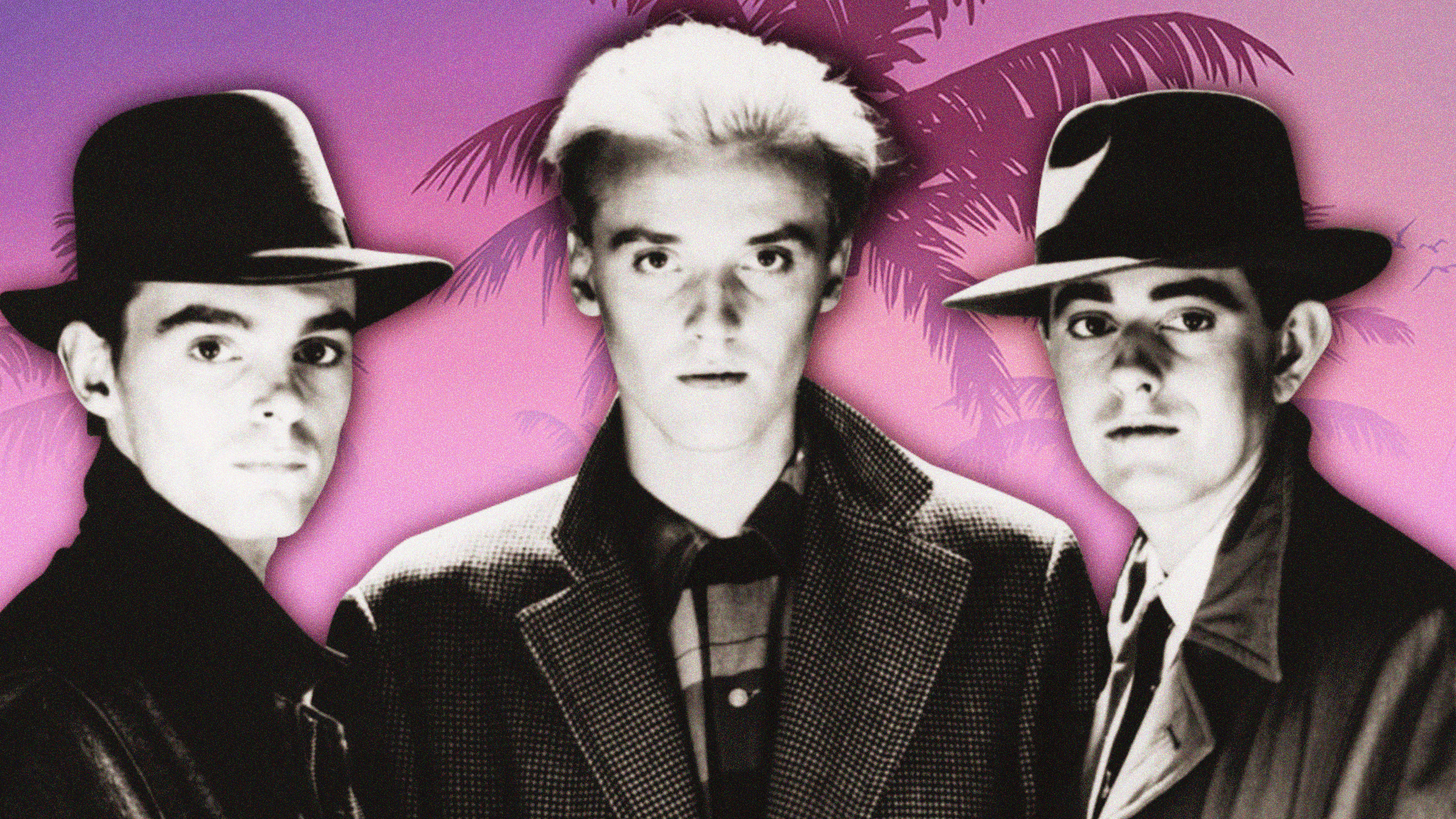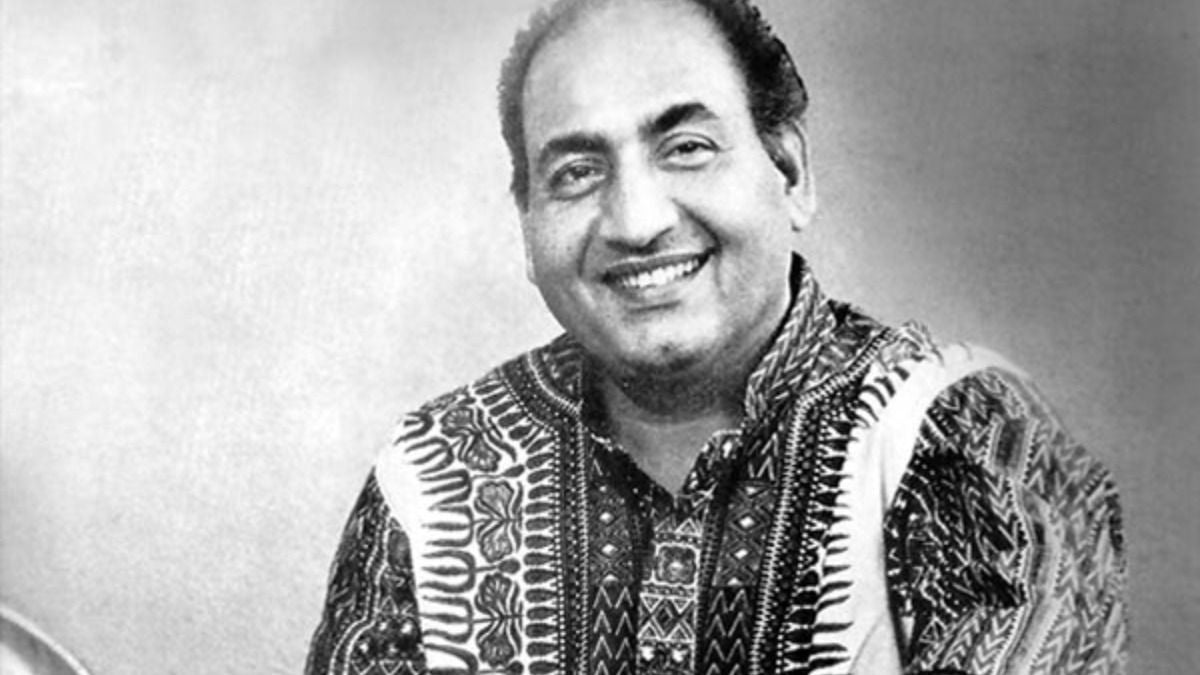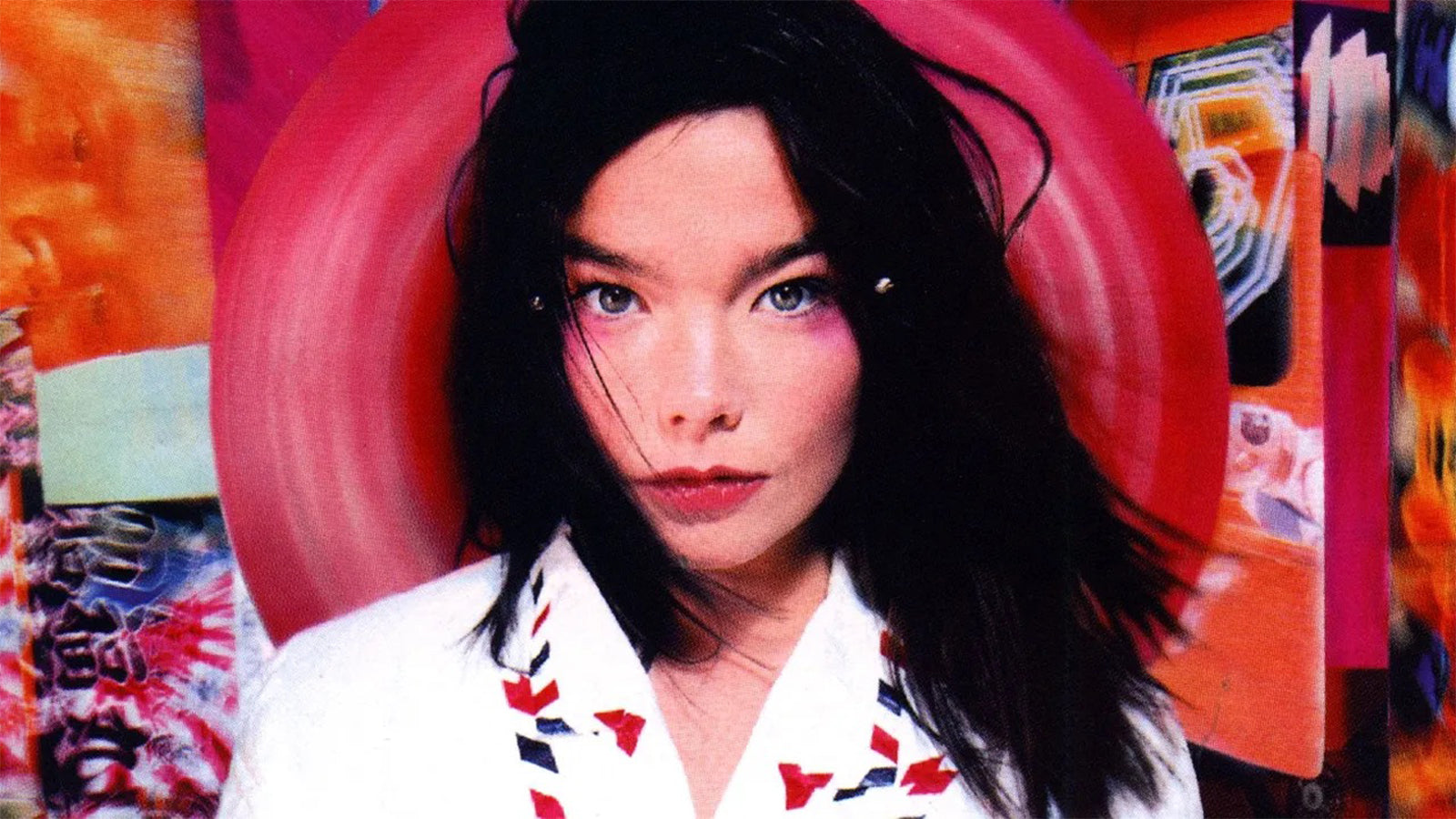The Temptation of Fair Compensation: Martyn Ware vs Rockstar Games

The recent dispute between Martyn Ware of the iconic 80s band Heaven 17 and Rockstar Games over the use of the 1983 hit Temptation in Grand Theft Auto 6 brings to light some deep-rooted issues in how artists are compensated for their creative work.
Ware was approached with an offer of $7,500 for the use of Heaven 17’s track Temptation in GTA 6. Divided among three co-writers, the total sum of $22,500 seems minuscule when compared to the $8.6 billion GTA V grossed. Ware's frustration is palpable. Even more offensive is that this would have been a permanent buyout, meaning Ware and his fellow songwriters would see no further earnings as GTA 6 continues to rake in profits.
IT WAS $7500 - for a buyout of any future royalties from the game - forever…
— Martyn Ware 🦉 (@martynware) September 7, 2024
To put this in context, Grand Theft Auto 6 grossed, wait for it…
$8.6 BILLION
Ah, but think of the exposure…
Go fuck yourself
The argument of exposure leading to greater royalties through streaming is a weak one. Ware himself pointed out that even if Temptation garnered an extra million streams due to its inclusion in the game, it would only translate to around $1,000 per songwriter—an amount that’s almost insulting when you consider the scale of GTA’s success.
The crux of the problem lies in the structure of sync deals—agreements that allow music to be used in media like video games, films, and TV shows. These deals can vary wildly, with no clear benchmark for what constitutes fair compensation. As Alex Tarrand, a sync licensing expert, noted, there’s no transparency in the industry. Fees for music can range from a few thousand dollars for indie tracks to millions for major artists. Without transparency, both sides are left guessing, often leading to situations like this, where one side feels massively undervalued.
What’s clear from this situation is that the industry’s approach to licensing music needs an overhaul. Games like GTA are defined by their soundtracks, yet the people behind the music often get the short end of the stick. This dispute should serve as a wake-up call for both artists and companies. It’s time we acknowledge that music in games is not a mere afterthought—it’s a fundamental part of the storytelling experience. Musicians like Ware, who have contributed to shaping pop culture, deserve more than token payments in exchange for lifetime rights to their work.




Comments
Manuel Franco —
I promised Great Dr. Odunga to post this testimony and I really want to say “Thank You” to everyone who supported me through the years. My name is Manuel Franco, New Berlin, Wisconsin. My story of how I won the Powerball lottery of $768.4M is a bit of a tale. I was feeling very lucky that day because I had contacted Great Odunga to help me with the winning Powerball numbers. I really had that great great feeling that I looked at the camera wanting to wink at it. I only did a tiny part of it when he told me he would give me the numbers and trusted him. He gave me the numbers after I played a couple other tickets along with it for $10. I checked my ticket after the winnings came online and saw the numbers were correct including the Power play. I screamed for about 10 minutes because it felt like a dream coming into reality. I had won $768.4M. Thank you Great Odunga. Well, his emails are odungaspelltemple@gmail.com and odungaspelltemple@outlook.com You can also call or Whats-app him at +2348167159012 so you guys can contact him
HE CAN ALSO FIX THE FOLLOWING PROBLEMS. RELIABLE AND TRUSTED
Lottery Spell Love/Reunion Spell Pregnancy Spell Protection Spell Marriage spell Healing/Cure spellContact him for any of these today:
EMAIL: odungaspelltemple@gmail.com OR odungaspelltemple@outlook.com also Call and WHATS-APP HIM +2348167159012.